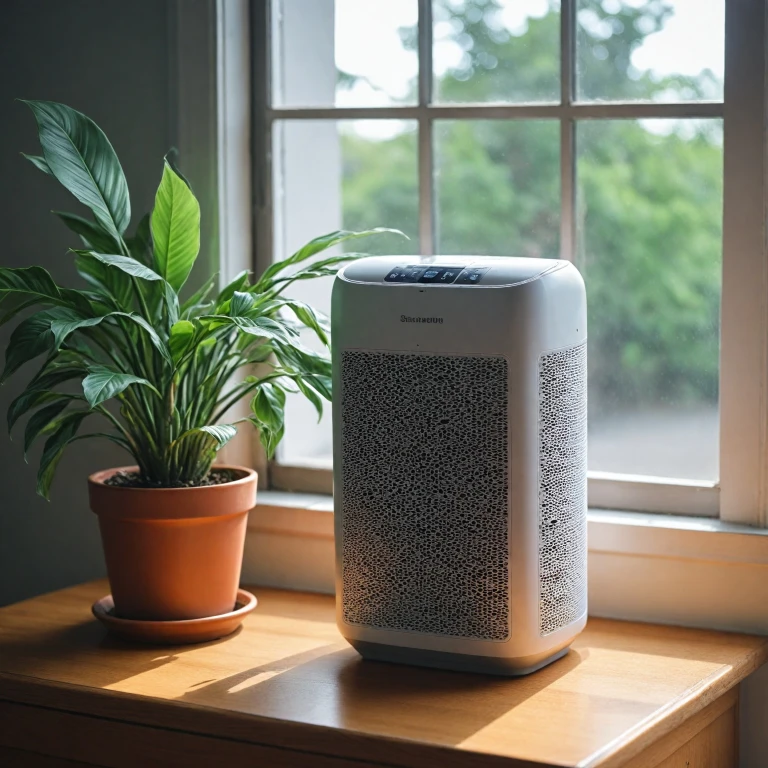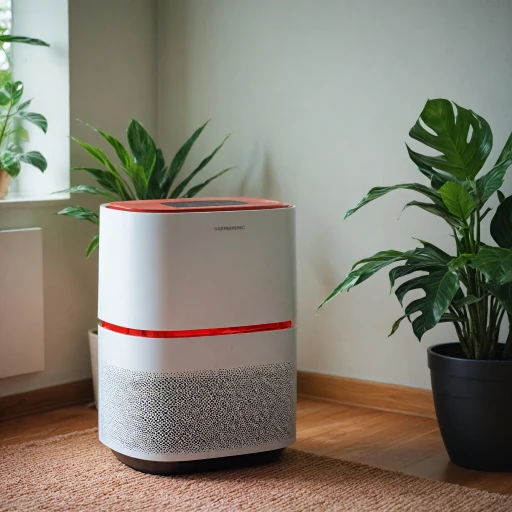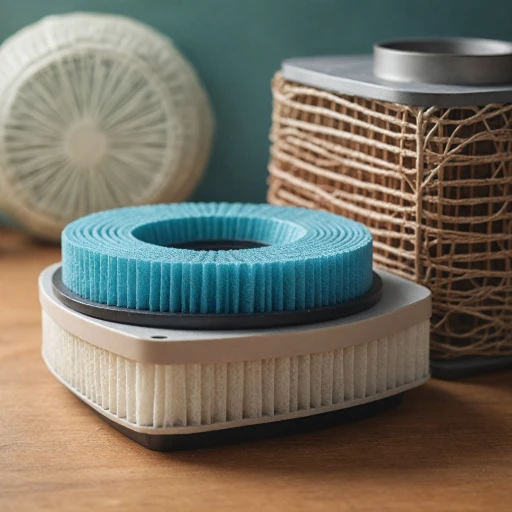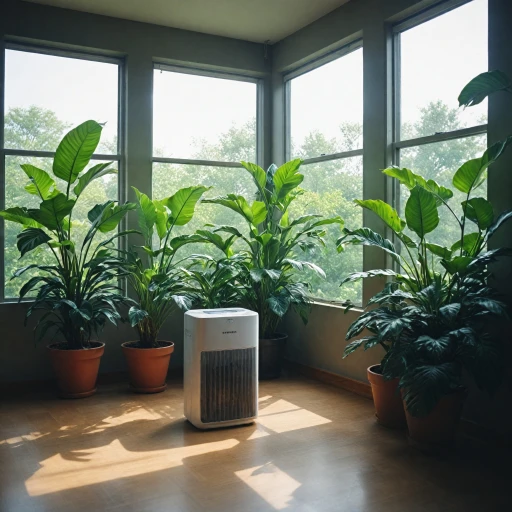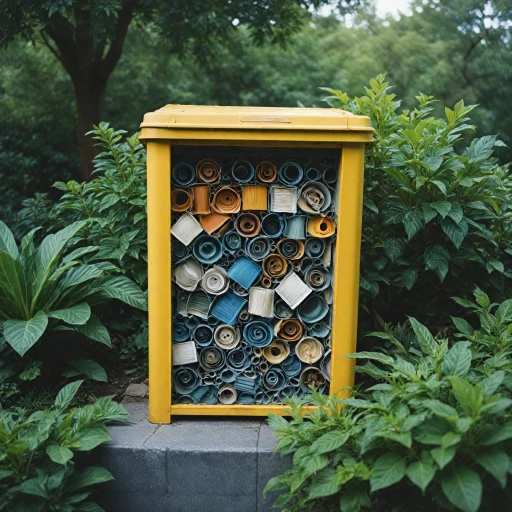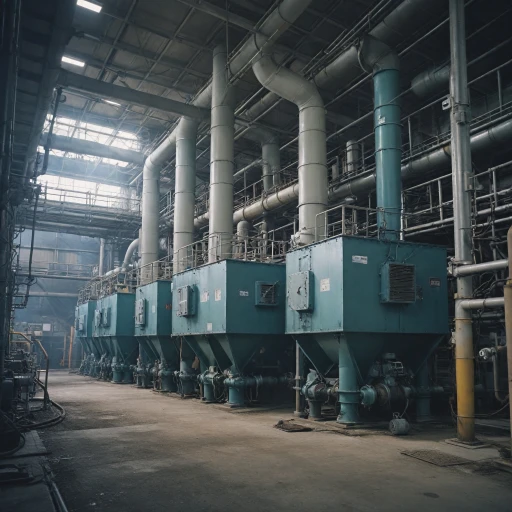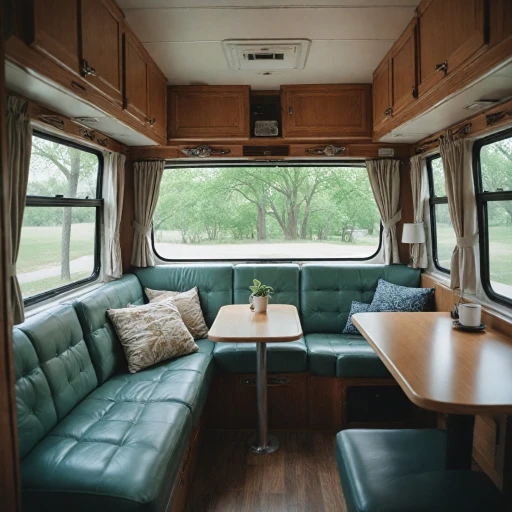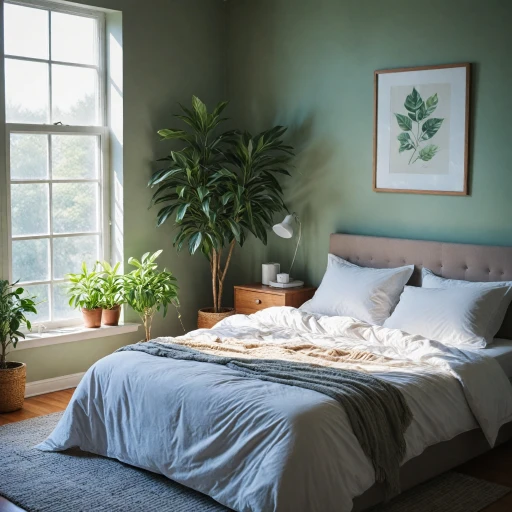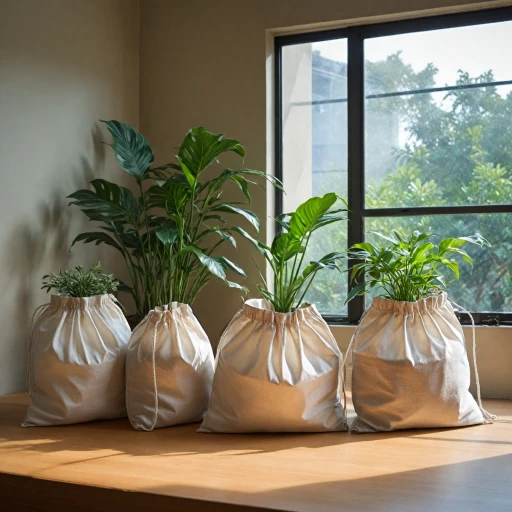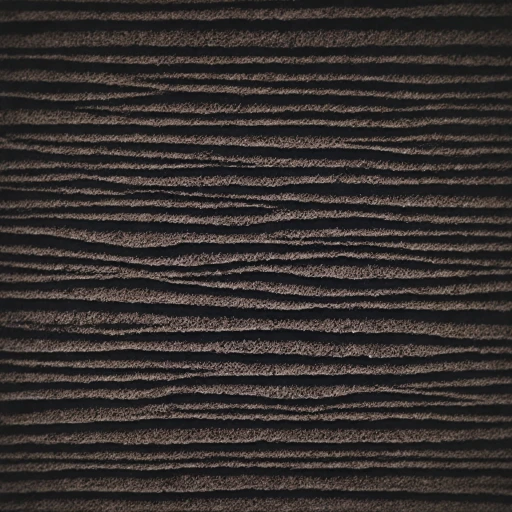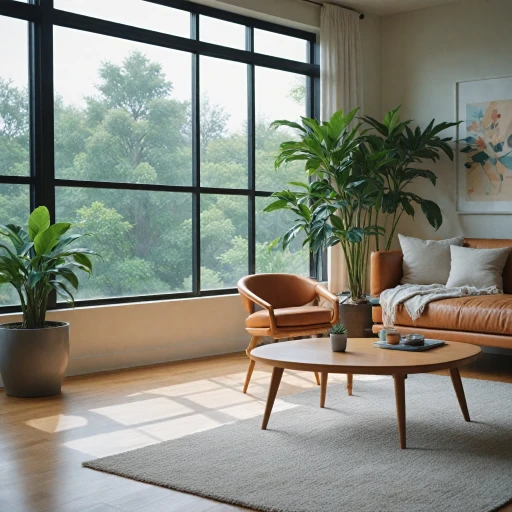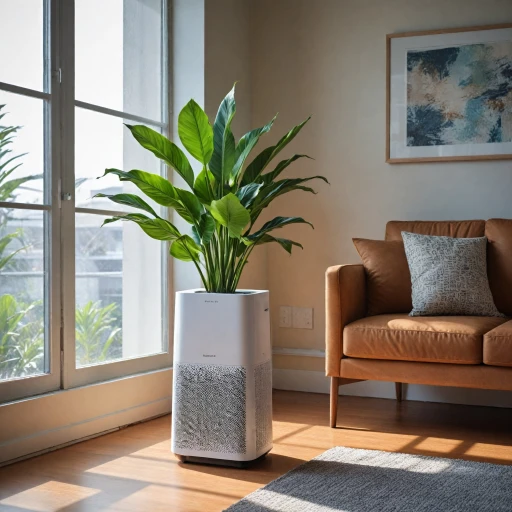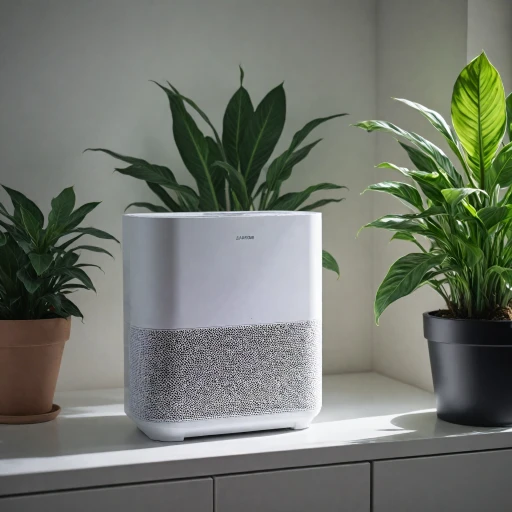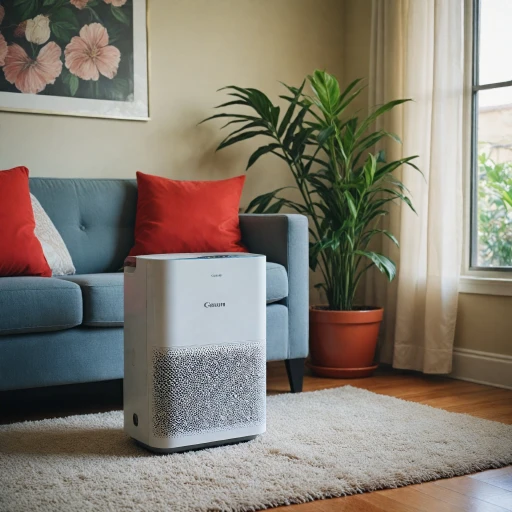
What are HEPA Filters?
What Makes HEPA Filters Stand Out?
HEPA filters, or High-Efficiency Particulate Air filters, are renowned for their exceptional ability to capture tiny particles floating in the air. They are designed to trap at least 99.97% of particles that are as small as 0.3 microns in size. This includes pollutants like dust mites, pollen, pet dander, and even some bacteria and viruses. These filters are crucial components of many air purifiers on the market today.
When exploring air purifier options, true HEPA filters stand out because of their high level of filtration efficiency. They consist of several layers, including a pre filter and sometimes a carbon filter, to ensure maximum air cleaning. Regular maintenance and timely replacement of your air purifier’s filter are essential to keep this efficiency intact.
The importance of HEPA filters in maintaining indoor air quality cannot be overstated. Whether it's a Honeywell model or another brand, having a HEPA filter means you're investing in a healthier living environment. Yet, like any other product, these filters have a lifespan. Paying attention to signs that indicate it’s time for a replacement is as important as choosing the right unit in the first place.
Signs It's Time to Replace Your HEPA Filter
Recognizing When It's Time for a New HEPA Filter
Knowing the right time to replace your HEPA filter is crucial to maintain the efficiency of your air purifier. A worn-out filter can significantly reduce the unit’s ability to cleanse the air, making timely replacement important. Here are some signs to look for:- Diminished Air Flow: If you notice that the air flow from your purifier is weaker than usual, it might be a sign that the HEPA filter is clogged with dirt and debris.
- Unusual Odors: HEPA filters often work alongside carbon filters to remove odors. If your air purifier releases a musty or unpleasant smell, it might be time for a replacement.
- Increased Allergic Reactions: If you or your family members start experiencing more allergies or respiratory issues, the air quality might be compromised, indicating it's time for a filter change.
- Filter Change Indicator: Many purifiers, like certain Honeywell or GermGuardian models, have indicator lights letting you know when it’s time to replace the filter.
- Visual Inspection: Check the condition of the purifier filter. If it appears dark and clogged, a replacement filter might be necessary.
How Often Should You Replace HEPA Filters?
How Frequently Should You Swap Out HEPA filters?
Deciding how frequently to swap out HEPA filters in your air purifier can be a bit perplexing. However, it's crucial for maintaining optimal air quality and ensuring the longevity of your purifiers. Here are some general guidelines based on various factors:- Manufacturer Recommendations: Many manufacturers, such as Honeywell and GermGuardian, suggest replacing HEPA filters every 6 to 12 months depending on the specific model and usage. Always check your unit's manual or reach out to the company to see if they provide any detailed guidance about the replacement timeline.
- Usage Frequency: If your purifier is running constantly, say 24/7, you might find that the filters will require more frequent replacement compared to when they are used sporadically. Regular use means filters are working harder and capturing more pollutants, thus decreasing the interval before the next swap is needed.
- Environment Conditions: The location and conditions of where the air purifier operates can greatly affect the lifespan of a replacement filter. In places with higher pollution, such as urban areas or homes with smokers, the HEPA will fill up faster, necessitating a more frequent change.
- HEPA vs. True HEPA: True HEPA filters are known for their ability to filter out more microscopic particles compared to standard HEPA filters, but depending on their quality and the surrounding air condition, the price could be higher. Regular monitoring can save you from purchasing costly replacements prematurely.
- Associated Filters: Remember to consider the state of additional components such as pre-filters or activated carbon filters. Keeping these clean or replacing them when needed can extend the life of your main filter.
Choosing the Right Replacement HEPA Filter
Selecting the Optimal Replacement for Your Air Purifier's HEPA Filter
Choosing the right replacement HEPA filter can significantly impact the efficiency of your air purifier. With various brands and models available, it's crucial to understand the differences to make an informed decision.
When considering replacement filters, review your current air purifier model's specifications to ensure compatibility. Most units specify a particular filter model, such as those from Honeywell or the GermGuardian FLT series. Be sure to check these details to avoid purchasing incompatible filters, which might affect the purifier's performance.
It's also essential to decide between a regular HEPA filter and a True HEPA filter. True HEPA filters are designed to trap at least 99.97% of airborne particles, including dust, pollen, and even some bacteria. While these might come at a higher price regular than basic HEPA filters, the investment often results in cleaner air output.
You can find replacement filters individually or in multipacks, like a 2-pack or 3-pack, which may offer better savings in the long run. Look for sales, where you might find a reduced sale price compared to the regular price, and consider the option of free shipping to minimize additional costs. Keep in mind that carbon pre filters may also need regular replacement to maintain the overall efficiency of your purifier.
Additionally, pay attention to the materials and additional features of the filters. Some filters come with activated carbon to help reduce odors, while others might feature antimicrobial coatings. Assessing these aspects based on your specific needs, whether it be allergy relief or odor reduction, can help in selecting the best replacement.
In summary, choosing the right HEPA replacement filter for your air purifier involves evaluating compatibility, type, additional features, and pricing. Such consideration will not only enhance performance but also save on costs associated with frequent replacements.
DIY vs. Professional Replacement: Pros and Cons
Deciding Between DIY and Professional Filter Replacement
When it comes to replacing HEPA filters in your air purifier, you may face a decision: Should you tackle this task yourself, or is a professional service the wiser choice? Here’s a breakdown of the considerations to help guide your decision.- DIY Replacement:
- Cost: Opting for a DIY approach can save money, especially if you purchase replacement filters on sale. Units like the GermGuardian FLT series or Honeywell models often have sales that make DIY more appealing in terms of cost. However, keep in mind the price may vary depending on the model and whether you're getting a single filter or a filter pack.
- Convenience: With many true HEPA filters, replacement is straightforward and can usually be done without special tools. Manufacturers provide detailed instructions in the product manual, making it possible to complete the task efficiently at home.
- Availability: Purchasing replacement filters online can also offer the convenience of free shipping, making it easy to have them delivered directly to your door without hassle.
- Professional Replacement:
- Expertise: Professionals bring experienced hands, ensuring the filter is installed correctly. They can also provide guidance on whether additional maintenance is required, whether it's cleaning the pre-filter or assessing the carbon filter's condition.
- Advantages: A professional can handle complex units and hard-to-reach filter placements and may be the better choice if you lack time or the confidence to do it yourself. This service, however, could mean an additional expense based on the professional's unit price for labor.
- Reliability: Engaging a professional gives peace of mind, particularly if your air purifier is under warranty, as incorrect DIY can sometimes affect warranty terms.
Maximizing the Lifespan of Your HEPA Filter
Extending the Life of Your HEPA Filter: Best Practices
Maximizing the lifespan of your HEPA filter is crucial for maintaining efficient operation of your air purifier and ensuring ongoing air quality. Here are some practical tips to help you get the most out of your HEPA filters:- Regular Maintenance: Consistent maintenance of your air purifier is key. Regularly clean and check the pre-filter, if your unit includes one, to capture the larger particles that would otherwise clog the HEPA filter prematurely. Certain models, like the Honeywell air purifiers, offer pre-filters which can be cleaned or replaced depending on the model type, helping you save on long-term costs.
- Consider the Environment: The frequency of filter replacement varies depending on the environment where the air purifier operates. For spaces with high airborne particulates or smoke, the HEPA filter's lifespan may decrease compared to less polluted areas.
- Monitor Usage: How often you use your air purifier can also impact the longevity of the HEPA filter. Continuous use might necessitate more frequent changes, exacerbating wear and tear.
- Choose Quality Replacements: Opt for high-quality, true HEPA filters when replacements are necessary. Authentic replacements, such as those from GermGuardian FLT, typically provide better performance and longevity than generic alternatives. Look for offers that include free shipping or discounts when buying a replacement pack.
- Avoid Overloading: Avoid running the air purifier at excessively high settings when unnecessary. High-speed settings can expedite the need for filter changes, impacting the cost efficiency in the long run.

